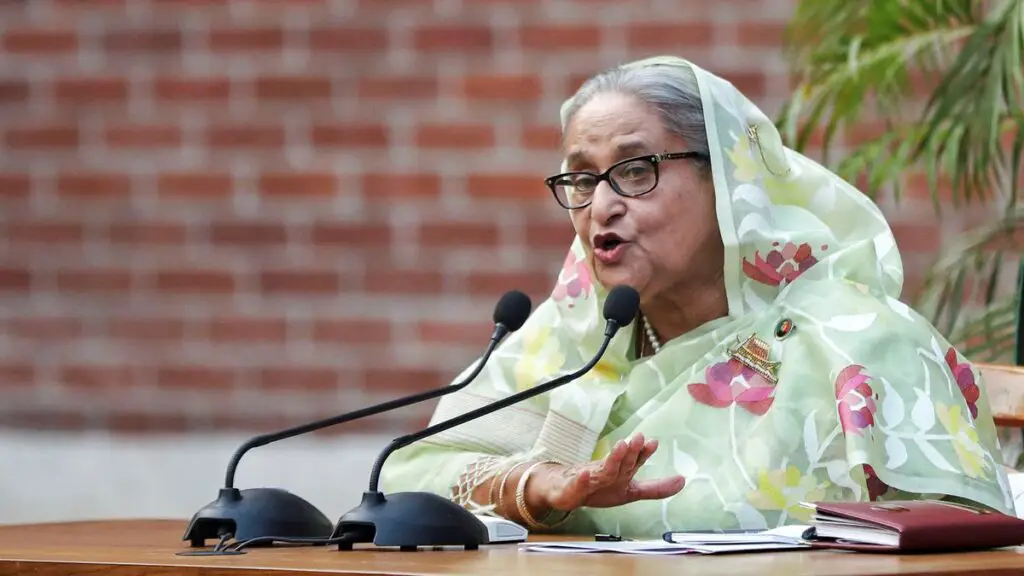On January 8, newly-elected Prime Minister of Bangladesh, Sheikh Hasina, addressed concerns regarding the sentencing of Nobel Peace Prize winner Muhammad Yunus to six months in jail for violating the country’s labor laws. She distanced herself from the decision, emphasizing that it was a matter handled by the labor court.
Background: Sheikh Hasina’s Victory and Nobel Laureate’s Case
Shortly after securing a fourth term in office with a resounding victory in polls boycotted by the primary opposition party, Bangladesh Nationalist Party, Ms. Hasina faced questions about the case of Muhammad Yunus. The 83-year-old Nobel laureate was convicted by a labor court in Bangladesh’s capital city on January 1 for violating labor laws.
Sheikh Hasina’s Response
Addressing the issue, Prime Minister Hasina clarified that the case against Yunus was a result of actions taken by individuals associated with his company, who filed a complaint in the labor court. She emphasized that it was a legal matter and that she was not involved in the decision-making process.
She further highlighted the importance of addressing the concerns with Yunus directly, urging individuals to speak with him and his employees to gain a comprehensive understanding of the situation.
Details of the Case
The sentencing of Muhammad Yunus, known for pioneering microcredit initiatives through Grameen Telecom, has raised significant attention due to his contributions to the alleviation of poverty in Bangladesh. The case has sparked debates about labor laws and the role of individuals in the corporate sector.
Analysis and Public Reaction
The reaction to Yunus’s sentencing has been mixed, with some questioning the application of labor laws and others expressing concerns about the implications for social and economic development initiatives in the country. This has prompted a wider dialogue about the balance between legal compliance and social impact.
Conclusion
As the newly-elected Prime Minister, Sheikh Hasina’s response to the case of Muhammad Yunus underscores the complexities of addressing legal matters within the context of social and economic development. The implications of this case extend beyond the individual involved, resonating with broader discussions about the intersection of law, business, and social impact.


